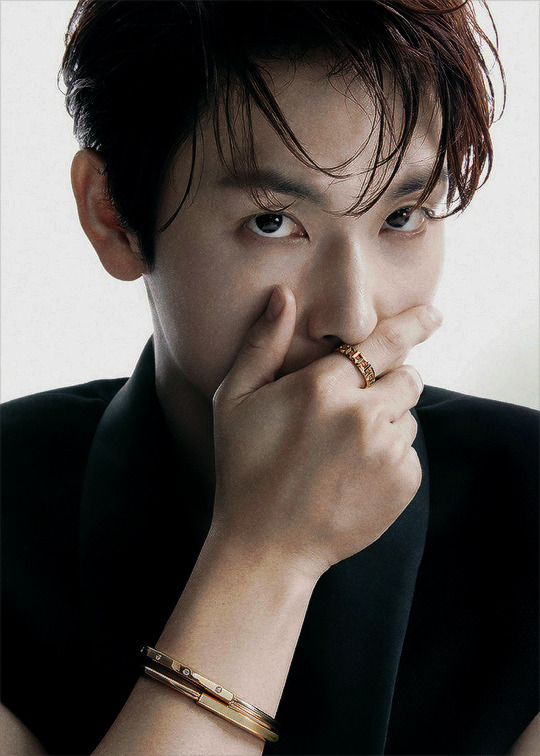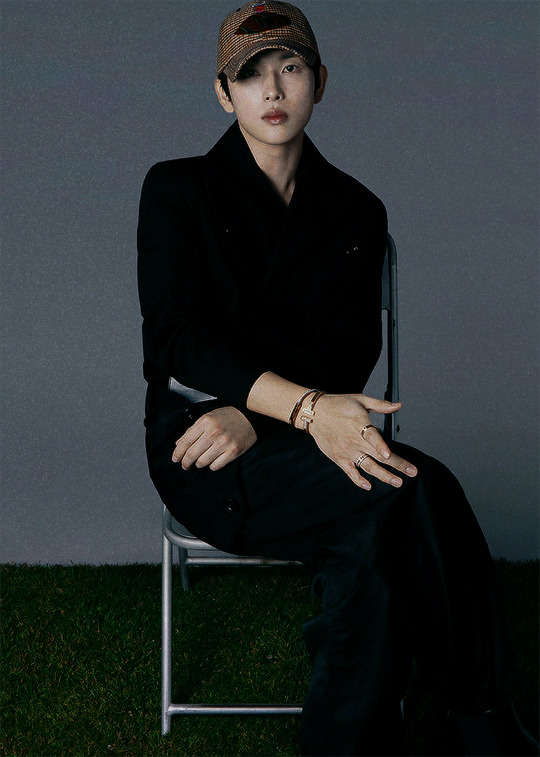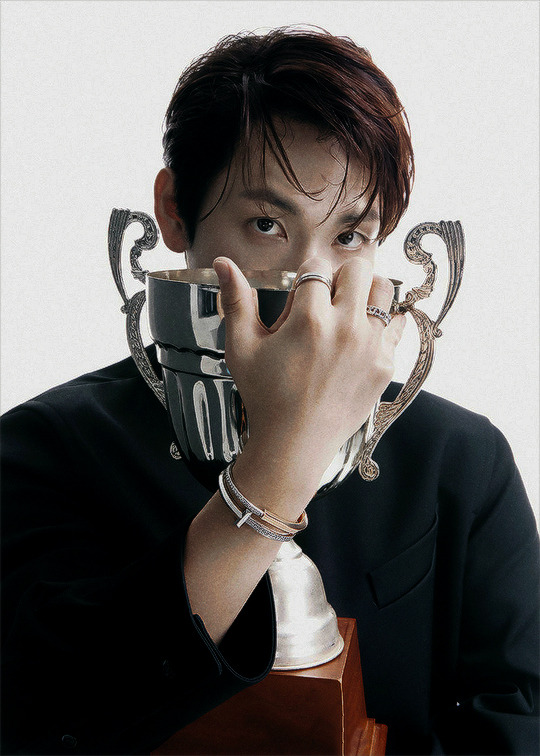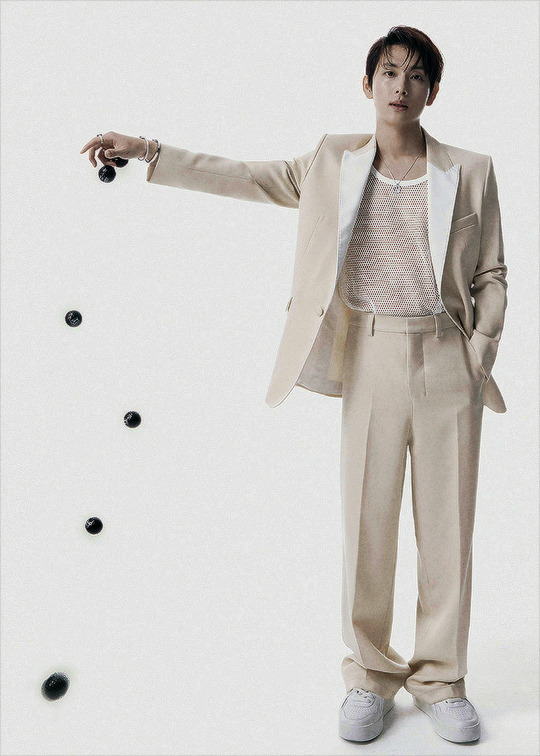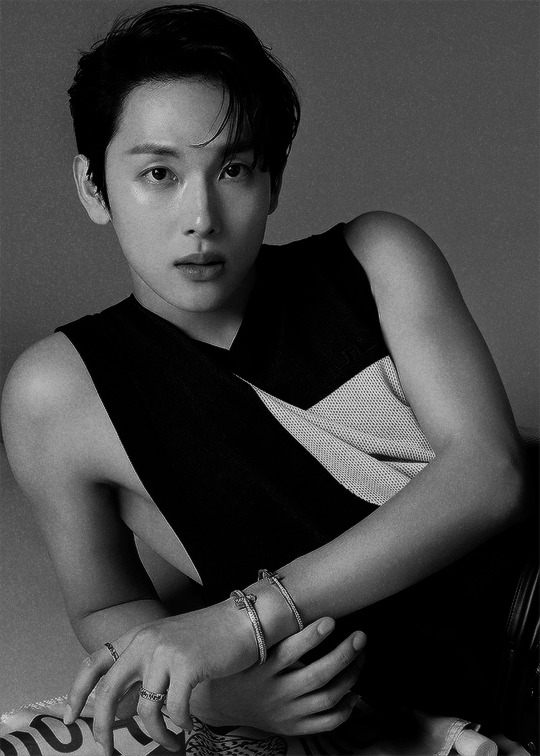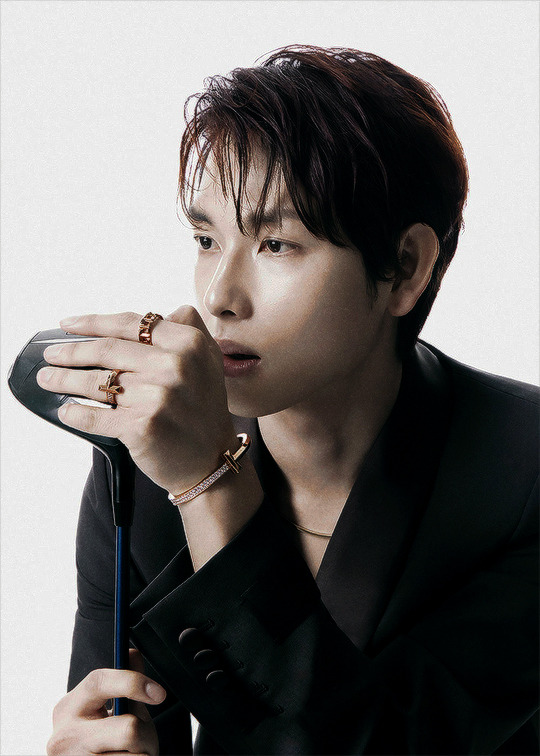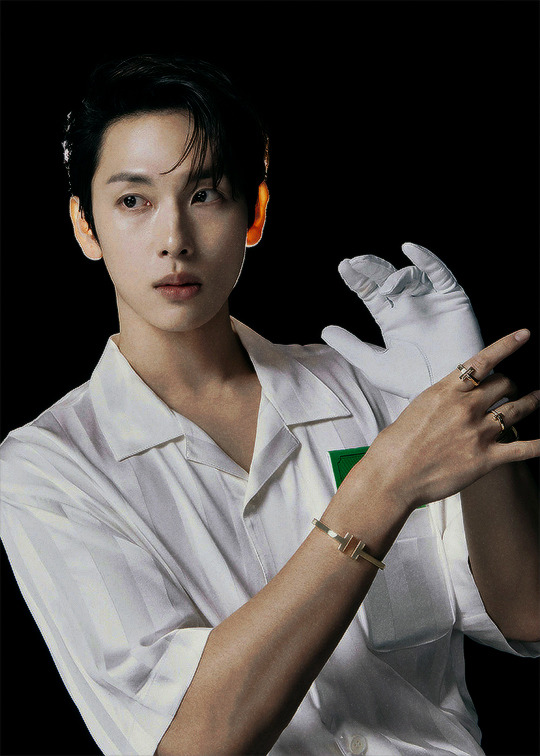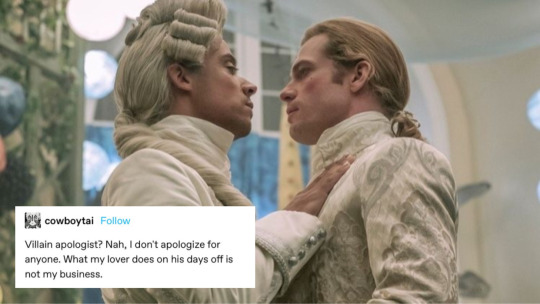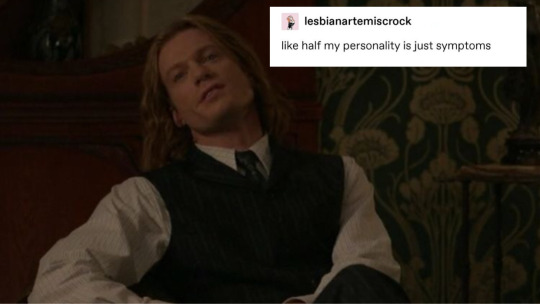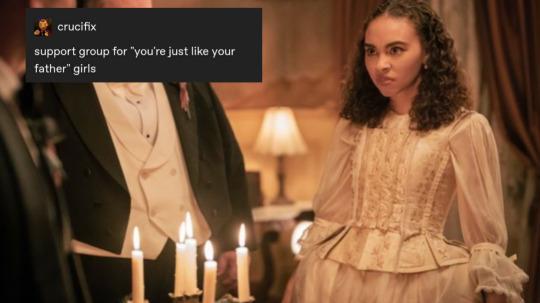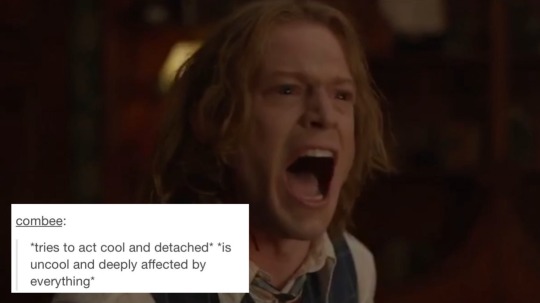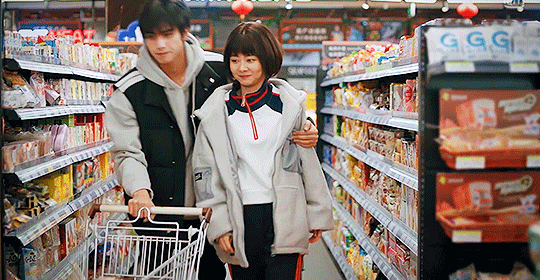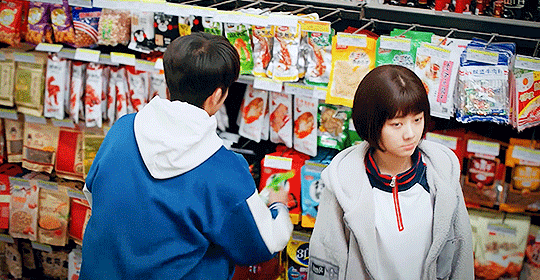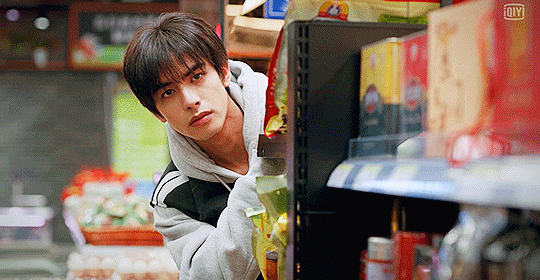Text




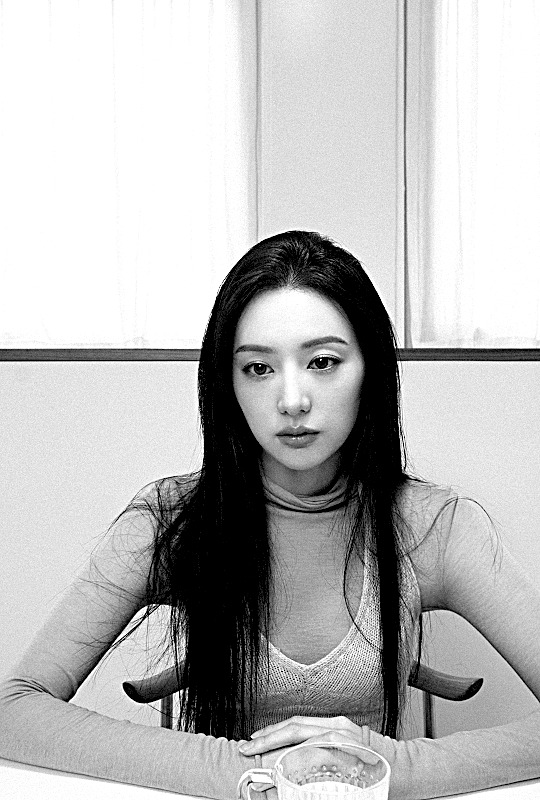




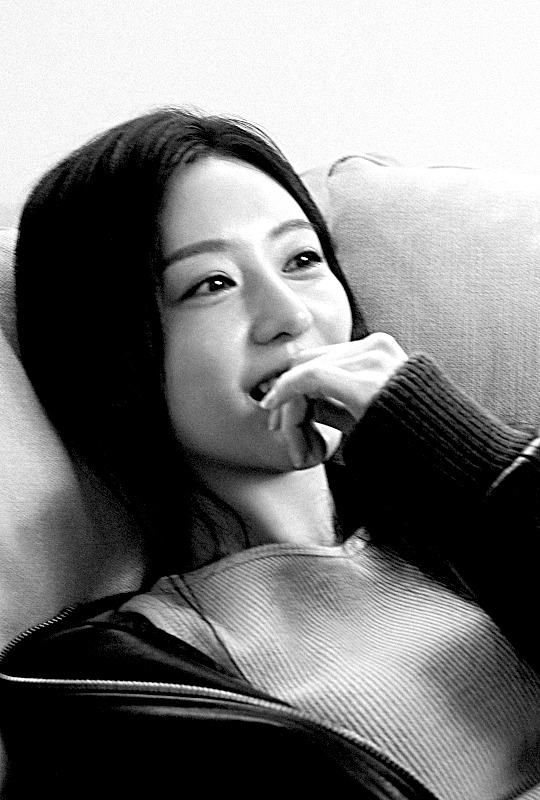
KIM JI WON ♡
↪ Marie Claire Korea (Mar. 2024)
136 notes
·
View notes
Photo

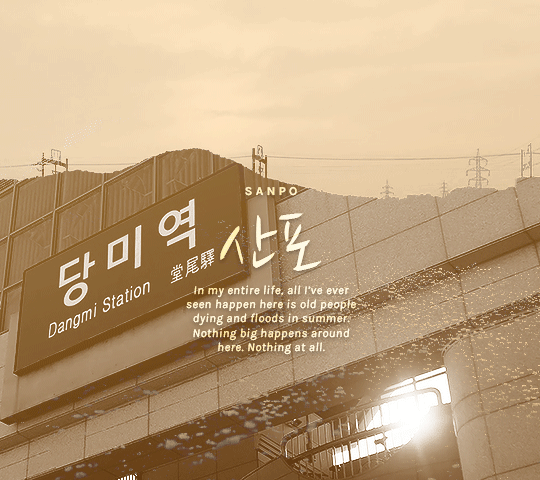
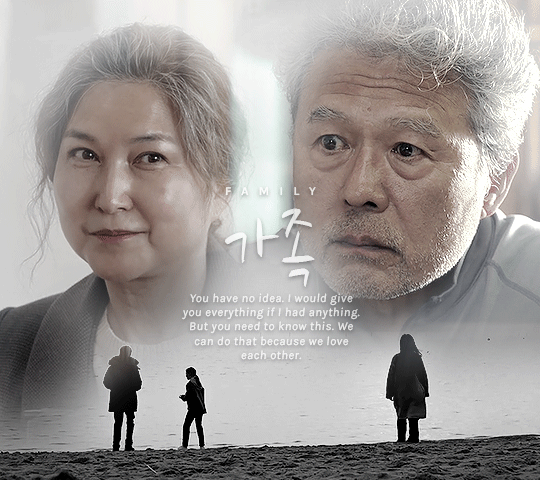
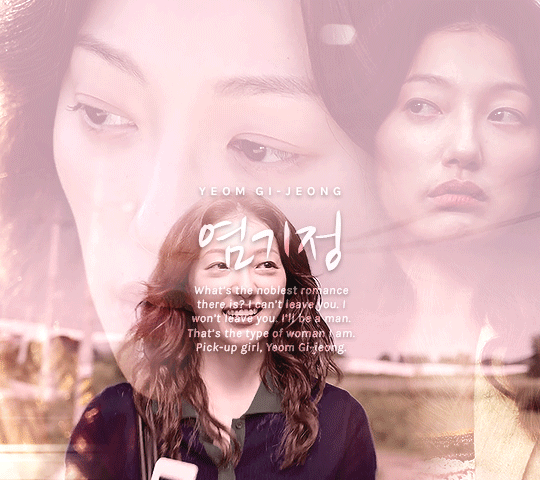
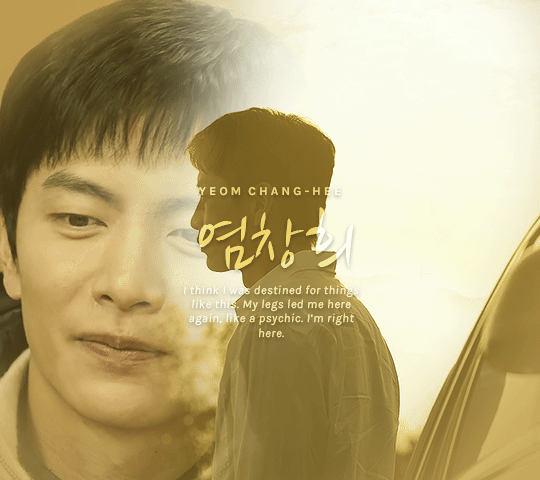
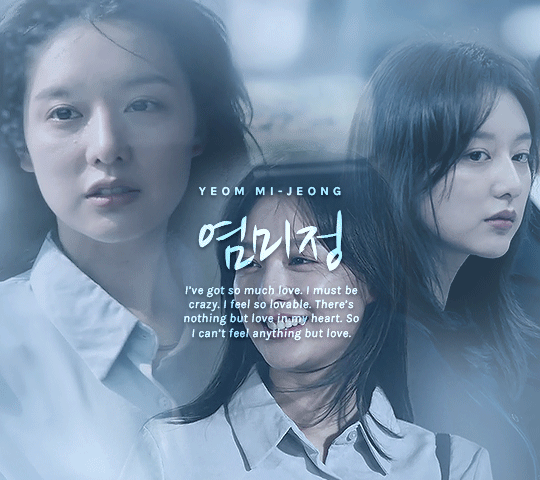
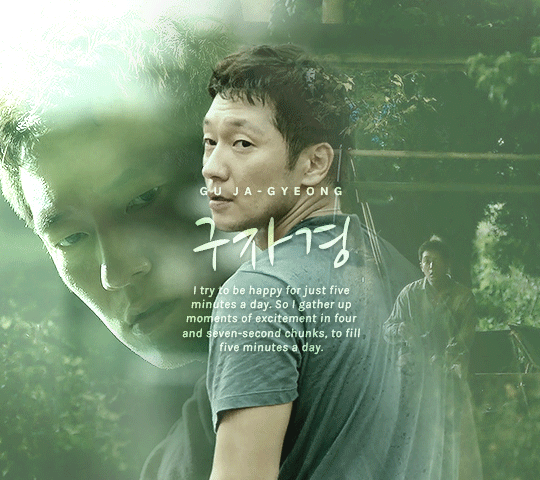



Set in Sanpo Village where more people leave than remain, the three Yeom siblings, Chang-hee, Mi-jeong, and Gi-jeong, wish to escape from a life rife with uncertainty. A mysterious man, Mr. Gu, moves into their neighbourhood. He is a drunkard with the look of someone with many burdens and secrets. His cautious personality and preference for keeping to himself make him the subject of gossip. Mi-jeong, the youngest and most timid Yeom sibling, decides to approach him.
One year with My Liberation Notes (2022) ✎
#my liberation notes#finished a rewatch#and i still think i will never watch or read anything that hits me as hard as mln does every single time#the way it just Gest It is insane
475 notes
·
View notes
Text
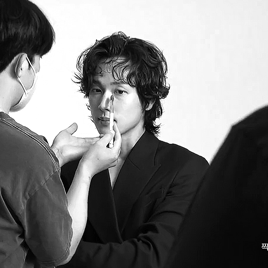
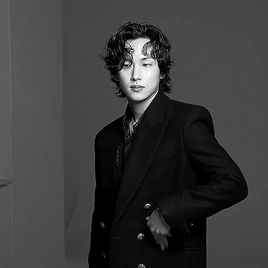

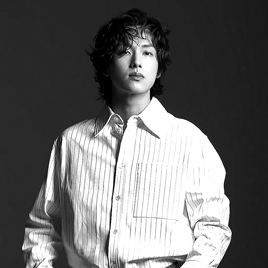




Im Siwan x Marie Claire | Behind the Scenes
777 notes
·
View notes
Text

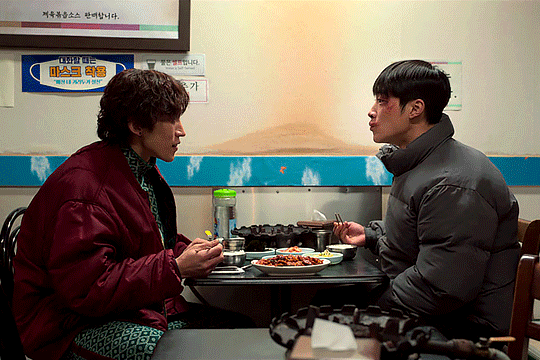



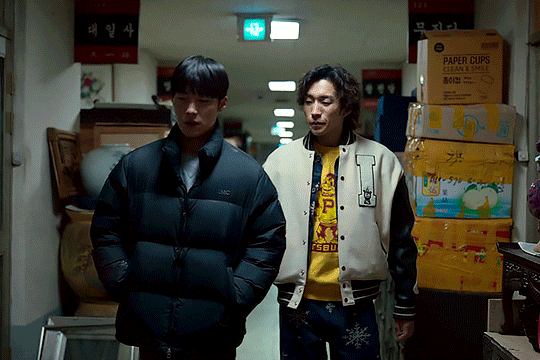
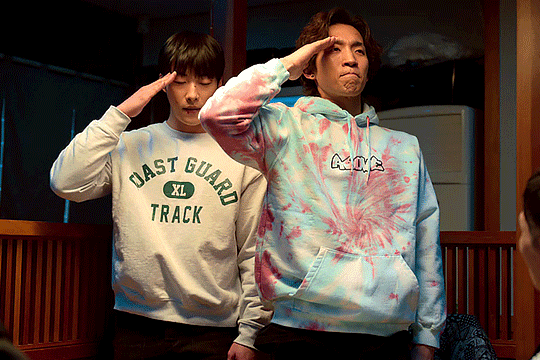

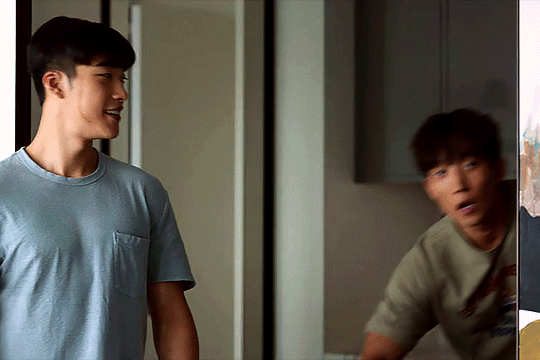

Woo Do Hwan and Lee Sang Yi as Kim Gun Woo and Hong Woo Jin in
Bloodhounds / 사냥개들 (2023) dir. kim joo hwan
2K notes
·
View notes
Text
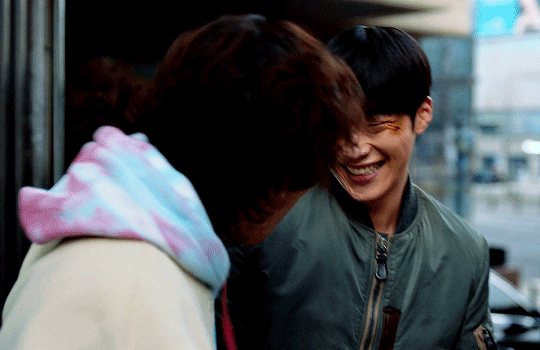

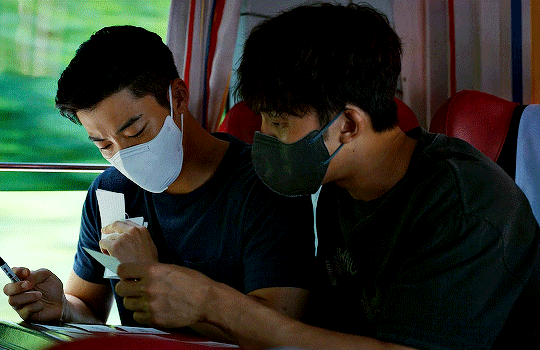
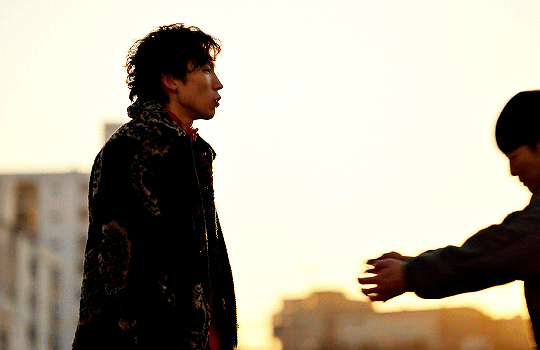





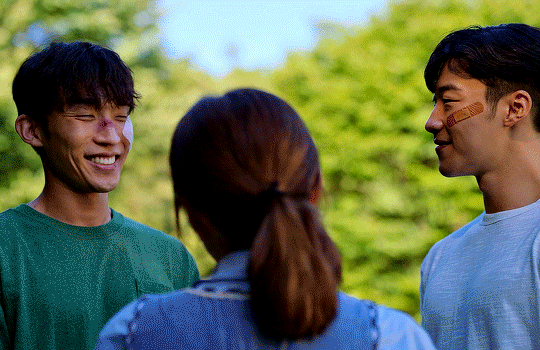

Back then, the invincible Marine duo were apart. That's not the case now.
LEE SANG YI & WOO DO HWAN as HONG WOO JIN & KIM GUN WOO BLOODHOUNDS 사냥개들 (2023) dir. Kim Joo Hwan
3K notes
·
View notes
Photo


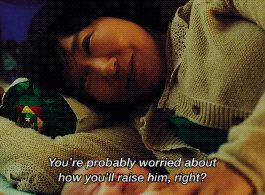



⟢ highlight of the hour: the good bad mother [6/6] ⟣
empathy
313 notes
·
View notes
Text

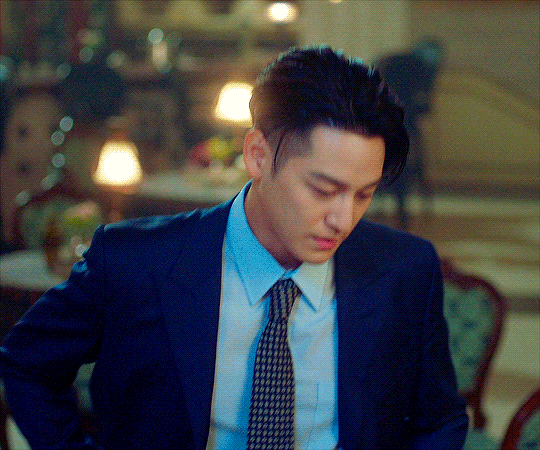


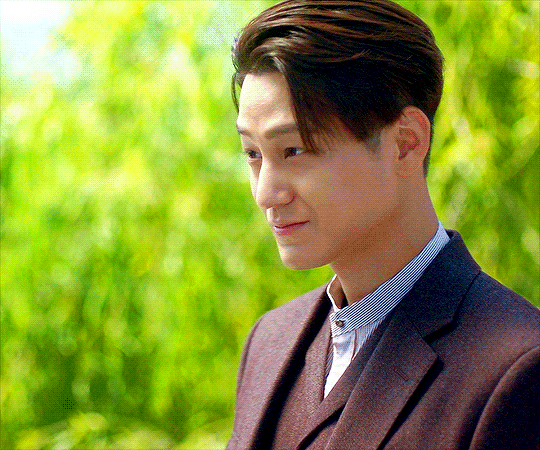



Don't be mistaken. There's no place for a half-demon on this Earth.
994 notes
·
View notes
Text
calling it now the canadian farmhand is the motorcycle guy who attacked kangho
#the good bad mother#he's so random there's gotta be smth fishy about him#if not the motorcycle guy then he's definitely involved in another way#eglantalks
8 notes
·
View notes
Photo




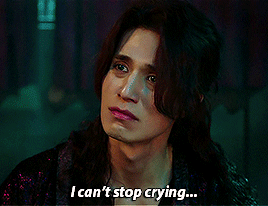

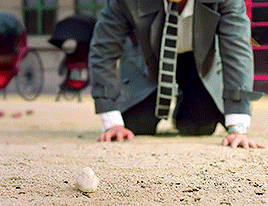

Lee Yeon being pathetic, part 1
(Tale of the Nine Tailed 1938, ep. 1&2)
844 notes
·
View notes
Text


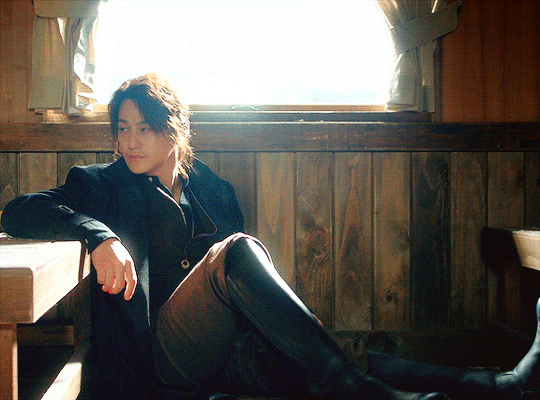
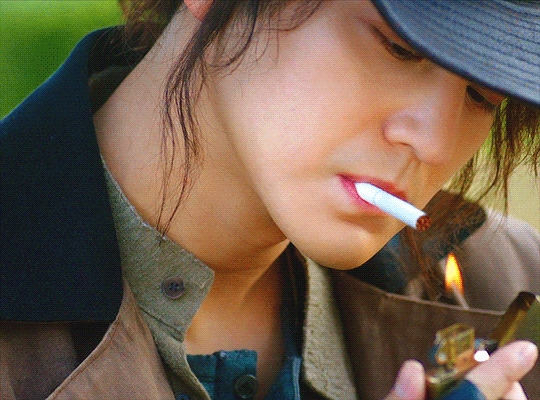
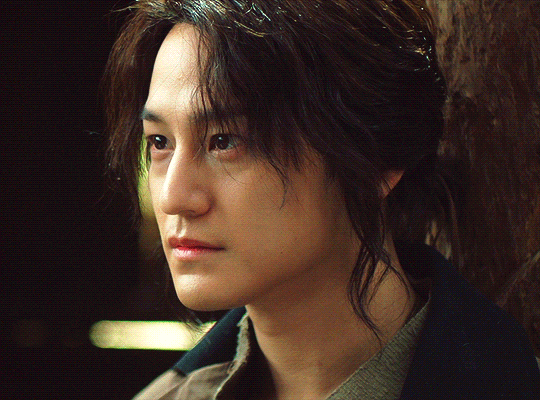
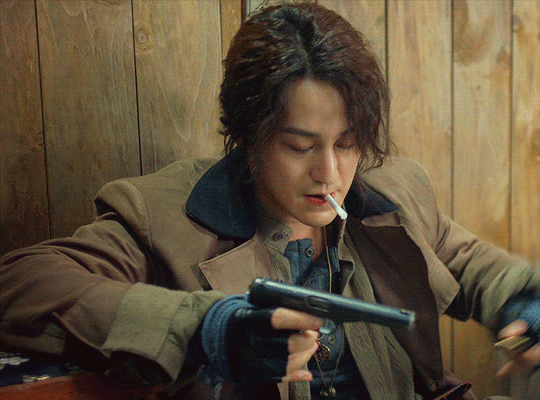
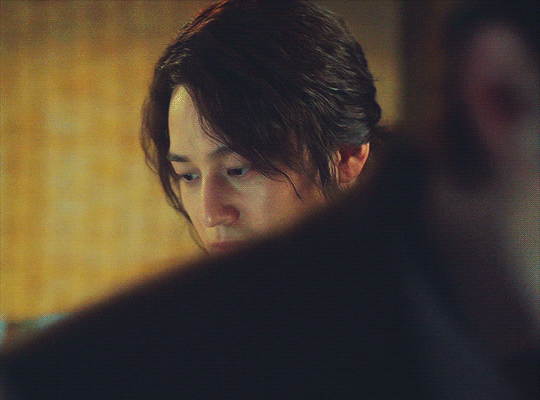
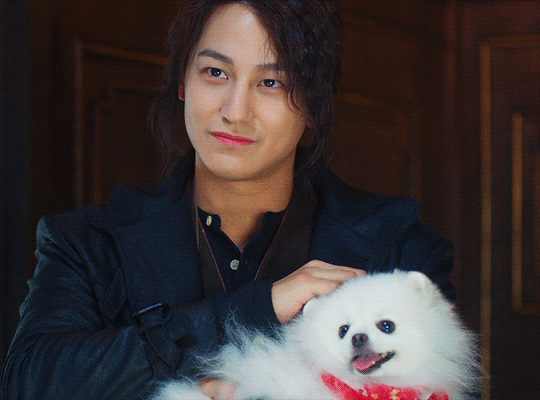
"I can't believe you're a bandit leader."
386 notes
·
View notes
Photo


Park Hae Yeong, please stop
220 notes
·
View notes
Text
I heard a great many things about My Mister before I went into it: a masterpiece, a truthful portrait of everydayness, a vehicle towards catharsis for the parts of the self weathered by everydayness, a moving story that is strongly anti-patriarchy, an ode to parental love and a child’s love and a sibling’s love and a friend’s love and other love that comes uninvited—all true. But I was not prepared for this story to be packaged in an affair and internal corporate espionage.
Here’s the premise: Do Jun-young, the young and haughty CEO of a successful building & engineering company, is in a power war with other senior members for the attention of their ailing, but still sharp, Chairman. Caught in between is a general manager, Park Dong-hoon, a decent, generous-to-a-fault man. Dong-hoon is the darling of the other faction in the office, and the task at hand for Jun-young is firing Dong-hoon. To Jun-young, who used to be his junior at university, Dong-hoon’s rise would amount to Jun-young's fall. Jun-young has little by way of a brain, few spineless right-hand men by way of brawn, and lots of money. For Lee Ji-an, the cold 20-year-old temporary worker with fortitude that comes with abject poverty and mounting debt and being a social reject, this is jackpot. She promises Jun-young that she could get Dong-hoon fired in exchange for money. In the process, Ji-an finds out that Dong-hoon’s wife has been cheating on him with Jun-young.
Here’s the heart: Dong-hoon and Ji-an embark on a relationship where they see in each other a reflection of themselves and then some. They are empty, broken people who constantly wonder why life happens to them, with neither the strength to ask what matters nor the inclination to face the music of the answer. They protect each other, from themselves and others.
Age has caught up to both of them—Dong-hoon, literally, he’s pretty much lived the same way for four decades; Ji-an, metaphorically, because at 20, she has already lived through the trauma of being an abandoned child, the disillusionment of a teen shunned by faux meritocracy, and the role of a care-giver without money or support. She is a child who had to grow up too soon in the worst way possible—taking the life of an abusive elder, who should have taken care of her, in self-defence. She is 30,000 years old, she thinks. He is 40, and that’s old enough, he thinks.
Ji-an’s survival instincts jerks Dong-hoon to a life that feels more urgent. Dong-hoon’s rule-abiding spirit shows Ji-an how to secure a life that could afford her space to breathe. It is Ji-an who protects Dong-hoon from being fired. It is Dong-hoon who tells the clueless Ji-an how to move in the world of adults, above ground.
Every other relationship in this show has a name. Sibling, friend, neighbour, parent, spouse, office senior, officer junior. But this one, of Dong-hoon and Ji-an, with their 20-year age-gap, has none. ("Platonic" does come close but I am still wrestling with that one.) They go out for dinner, witness each other at their worst and saddest, and tell each other what the other needs to hear the most.
The choice of this age-gap inevitably gives rise to the question of another affair, and this is where writer-nim Park Hae-young has me by the collar. My Mister feeds off the casual, crude, often-infantalising narrative of why young women are attracted to older men. That stereotype is bait, for those so easily bought into too many stories of the kind, to interrogate what about relationships outside the norm in civil society—relationships that do not have a name—terrifies them. The characters in the show who accuse Dong-hoon and Ji-an of having an affair are those assigned as antagonists.
PHY believes and says “Every relationship is fascinating and precious,” so why do we say no to making more of them as we age? The norms in civil society is a good reason, but maybe a superficial one. She maintains it's the simple act of being vulnerable that leads to building and treasuring relationships; one of those things we tend to lose as we "age". The facade to maintain as a successful person is at odds with being vulnerable so we have to fragment the contours of our love and maintain boundaries. It’s why the relationship between Dong-hoon and Ji-an is—and has to be—cemented on wiretapping and surveillance and the ugliness of baring your soul, against your will even.
At their workplace, Ji-an is only privy to Dong-hoon, the structural engineer working a desk job without many promotions under his belt for a man several years his junior. It is because Ji-an snoops around that she learns of the affair that sets the story in motion. It’s how she finds out that he is a husband who goes back to an empty house often. He is the middle child, bearing the weight of providing in the absence of a financially-independent elder brother and a younger one trapped in his own insecurities and failures.
But it’s also how she learnt of the love and grace he enjoys otherwise. He plays soccer with friends he has grown up with, he drinks with his siblings whom he has loved all his life, he is the favourite son to his mother. This kind man is the beating heart of his neighbourhood. There will be at least two dozen people who will chase around the streets of Seoul seeking vengeance should he have a scratch on his body. If he is in pain, his brothers will give up other responsibilities to be with him all night until blue hour. These scenes, and the ones in Jeong-hui’s bar, are brimmed with warmth, of love freely taken and given. It’s how Ji-an begins to fantasise having people to go back to, and to call your own. Her love for Dong-hoon is also a love to the world he brings to her, a world of community that sticks together.
When I watched My Liberation Notes, I sensed that PHY does not give a hoot about green flags and healthy relationships. She might look at those tweets and posts, laugh with her whole chest and mumble: cute but no. This is so very stark in Gi-hoon (Dong-hoon’s younger sibling) and Yu-ra’s relationship, one that is marked by the intimate act of cleaning up vomit. Love comes from unfiltered, almost disgusting, honesty, picking at things the other would never think of sharing to another being. Love is a muscle you have to use everyday. You have to be talking all the time; and somebody should be listening.
The scene that is tattooed in my heart is Dong-hoon whispering “Call me,” into the phone he knows she is listening to. This is after he learns the truth of everything, of her initial plans to betray him, of her surveillance. But as he tells her later: “Once you know someone, there comes a point where you don’t really care what they do. and I know you.” He knows her and now, he knows everything. That's all that matters.
In the final act of the show, loving truly as knowing fully is reinforced on a very unlikely character: Gwang-il, Ji-an’s abusive cousin, son of the man she killed for abusing her and their grandmother—and also the loan shark Ji-an owes to. It is through those surveilled tapes that we find out that before he was the son of a father who was murdered by a cousin he loved, he was kind. Ji-an was speaking to Dong-hoon, who knows this before us, the audience. That submission, those words she could never say to Gwang-il’s face, pushes the plot which began with a discreet affair to its conclusion.
When My Mister ends, things are slightly better for the characters than when we see them but it’s left ambiguous. The last 15 minutes of the show goes like this: four minutes of Dong-hoon, in his empty apartment after his wife has left for the US to join their son, engaged in chores and a snotty breakdown; Gi-hoon and Yu-ra’s fracturing relationship leading to a break-up; Dong-hoon's new company; Ji-an in her new job and friends she has started making there; Gi-hoon picking up a pencil to write a screenplay; and a final reunion between Dong-hoon and Ji-an one year after their last goodbye. I think PHY needs her characters to be people who find peace and who love and look out for one another, even if they remain broken.
That love doesn’t need to be forever. Ji-an stops listening to Dong-hoon’s phone after he finds out that she does. When she is about to uninstall the app from her phone, she registers the way his shoes hit the asphalt on the road, that dignified stride despite the hunched shoulders, and his steady breathing one more time. The footsteps recede; she isn’t listening anymore. Then they come back; love can also be a powerful memory, a fuel to someplace else to love more and be someone else. PHY’s thesis is so devastatingly haunting because she dares to tell you, with a jerk first and then gently like a goodnight kiss, that loving is both the very least and the most you can do while you’re here.
169 notes
·
View notes
Photo
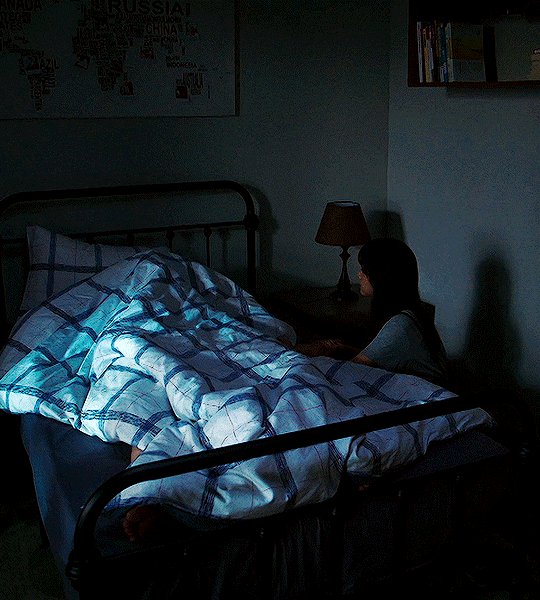
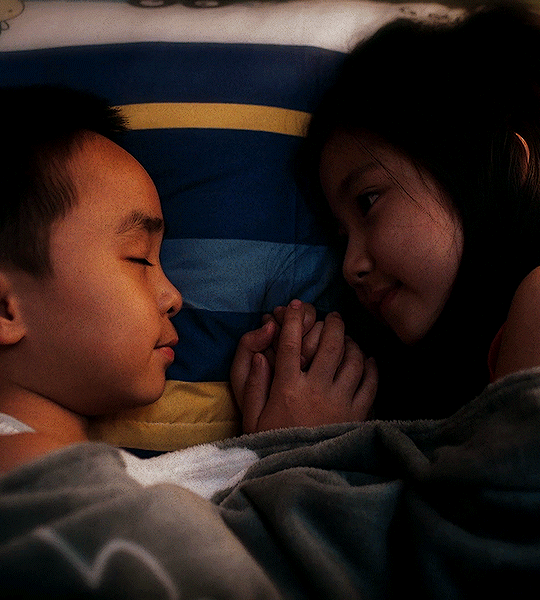

“Ignore what they say. You’re not a burden. Go to sleep.”
GO AHEAD 以家人之名 (2020)
⌊ ep.23 | dir. ding zi guang ⌉
46 notes
·
View notes
Photo

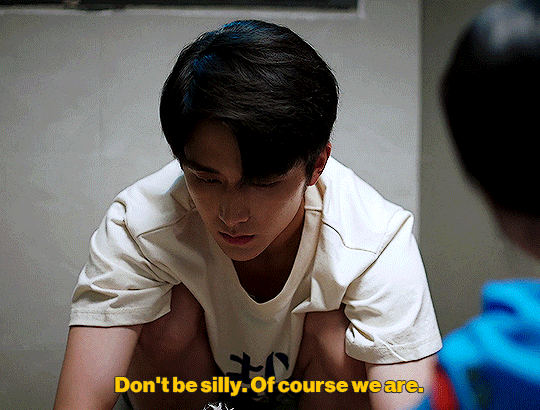
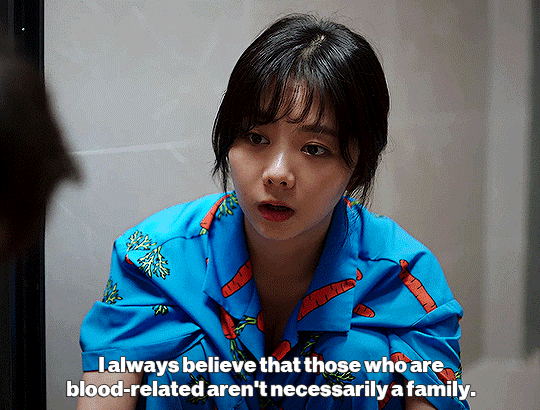

GO AHEAD 以家人之名 (2020)
⌊ ep.29 | dir. ding zi guang ⌉
79 notes
·
View notes
